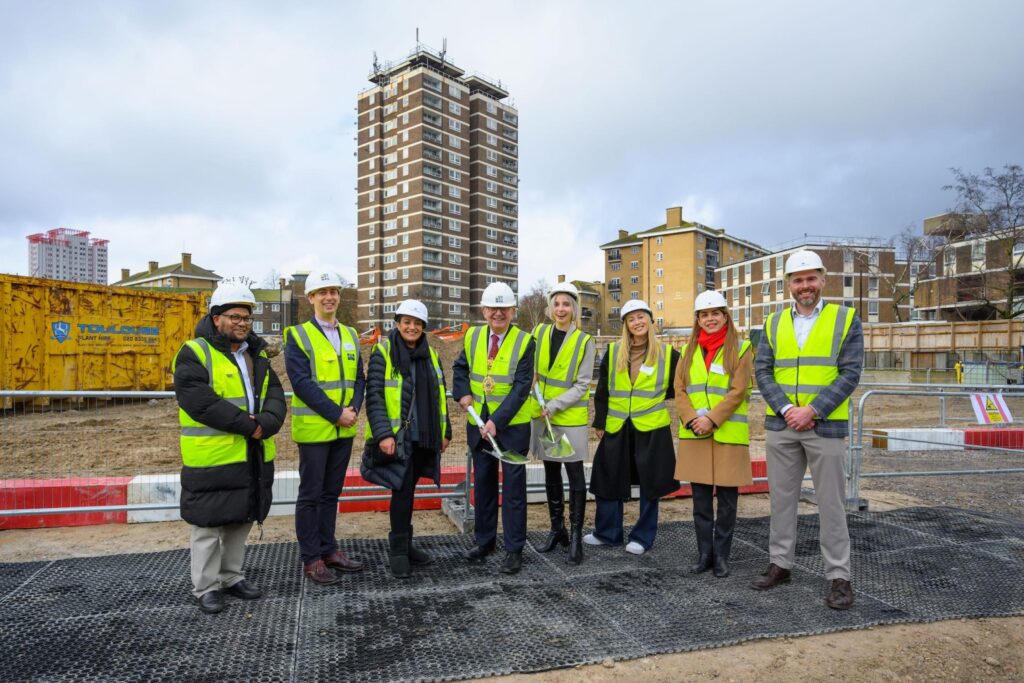There is a battle for the future of local economic policy. It has been captured by an over exuberant set of economic orthodoxies and its failing wisdom around competition and growth. Low wages, poverty and hardship are on the rise, and local economic policy seems increasingly incapable, if not obsolete, in tackling it.
Historically, local economic policy was always a pragmatic policy mixed bag. Never ideologically bounded, it was happy to dip into a bit of free market planning or tax relaxation or adopt a neo-Keynesian intervention in the labour market. It was understood that local economies were complex and that capitalism ebbed and flowed, and needed a bit of evening out. Today this pick and mix pragmatism, reflective of a real complexity, is in abeyance, given way to narrow simplicities.
The economist John Kenneth Galbraith wrote that, ‘The shortcomings of economics are not original error but uncorrected obsolescence. The obsolescence has occurred because what is convenient has become sacrosanct’.
It’s the same in local economic policy. It’s faith in simplistic and generally obsolete ideas including ‘trickle down’ and a rising economic tide ‘will lift all boats’ are failing to address social inclusion, wages levels and living standards. Indeed, some see these concepts as written-in-stone truths, rather than ephemeral hopes.
Some local economic policy refuses to be mired
in this agenda and is beginning to challenge and break from it.
This neo-liberal lurch in local economic policy has meant that social outcomes are not equally planned for and developed alongside economic growth and competition. At best they are reduced to outcomes of an often over stated ‘rising tide’ of growth. At worst improved social outcomes are viewed as a barrier to growth, with low wages being a pain worth paying for greater competitiveness.
Whilst the economic and social benefits of all this pain are often illusory, economic plans are filled with ideas around competitiveness. Meanwhile, the working and non-working poor are often trapped in post-industrial local economies ravished by the same competitive forces which are sold as their saviour.
Scarce public resource and capacity are being diverted to activity which often delivers a poor social return. Public money is lavished onto de-risking impatient and footloose global capital, which may disappear elsewhere once the sweeteners run out. Public investment in hard infrastructure such as motorways are talked about as ‘generators’ of wealth, whilst the real generators of wealth – people – experience public service cuts and are often left starved of funds which could improve their education, skills and social development.
But there is hope. Some local economic policy and thinking refuses to be mired in this agenda and is beginning to challenge and break from it. There are alternatives, and they are starting to accelerate. Conceptually the work of Professor Karel Williams and others provide an antidote to this runaway orthodoxy.
They show how we need local economic policy to start building a more ‘grounded’ capitalist economy. Critiquing aggressive place-based competition, they advocate a development process which develops the internal capacity of the places, people and businesses to provide some of the goods and services that are the local focus for social life. In this they advocate more local and plural production and ownership of energy, care and food, acting as basic foundational aspects to a local economy.
We are also seeing a range of alternative local economic approaches, which both challenge the orthodoxies and promises a socially just way forward. This includes work forged by CLES on resilient places, the civil economy, procurement and supply chain and our work in Manchester.
And more recently our ground-breaking work on community wealth building in Preston. Other activity include the deep place study in Tredegar (south Wales), the Enfield experiment and Transition Network all show the breadth of a growing movement of new social and environmentally conscious local economic activity.
Also many local authorities are acknowledging that some of the orthodoxies of local economic policy are not delivering socially, and are unlikely to. Areas like Leeds are beginning to think how we can develop a more inclusive economy (notably Joseph Rowntree Foundation and its work on growth and poverty with Leeds City Region)
National economic policy is in the grip of a narrow and at times sacrosanct neo-liberal set of ideas. Local economic policy must do what it can to free itself from its failures and its obsolescence. The fight is on for local economic development policy which is pro-social and delivers more egalitarian outcomes.

















Leave a Reply